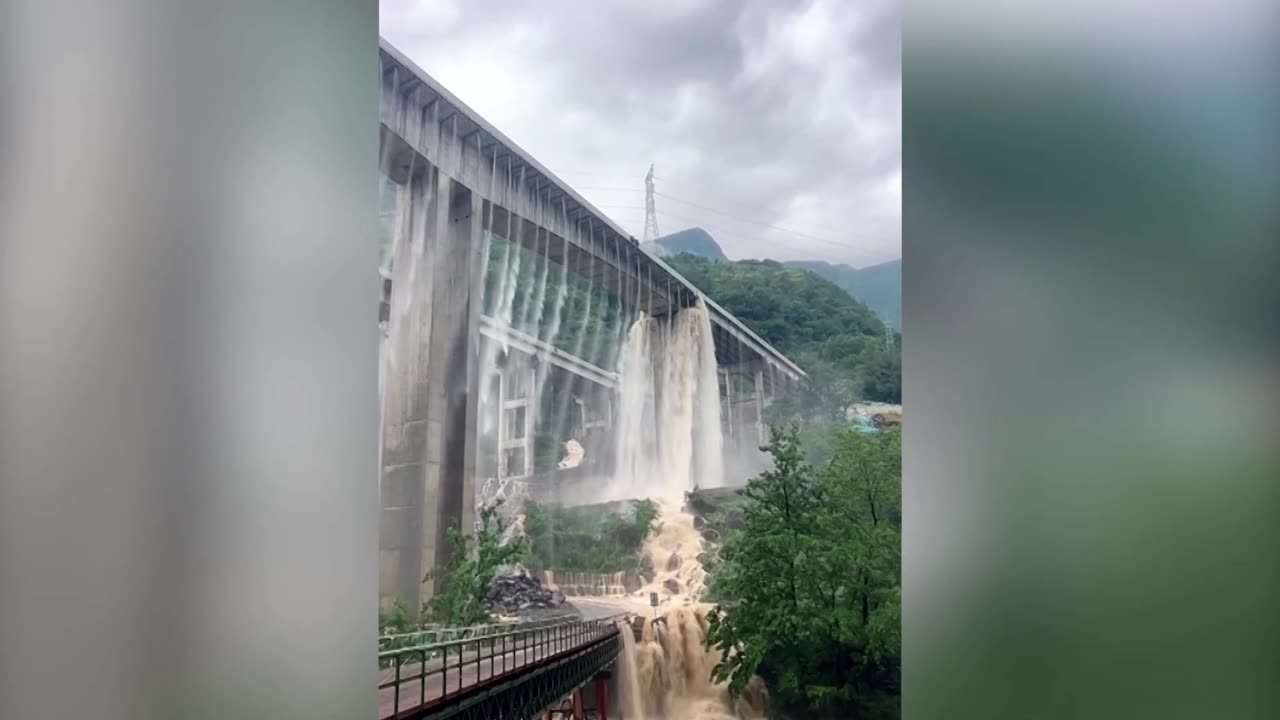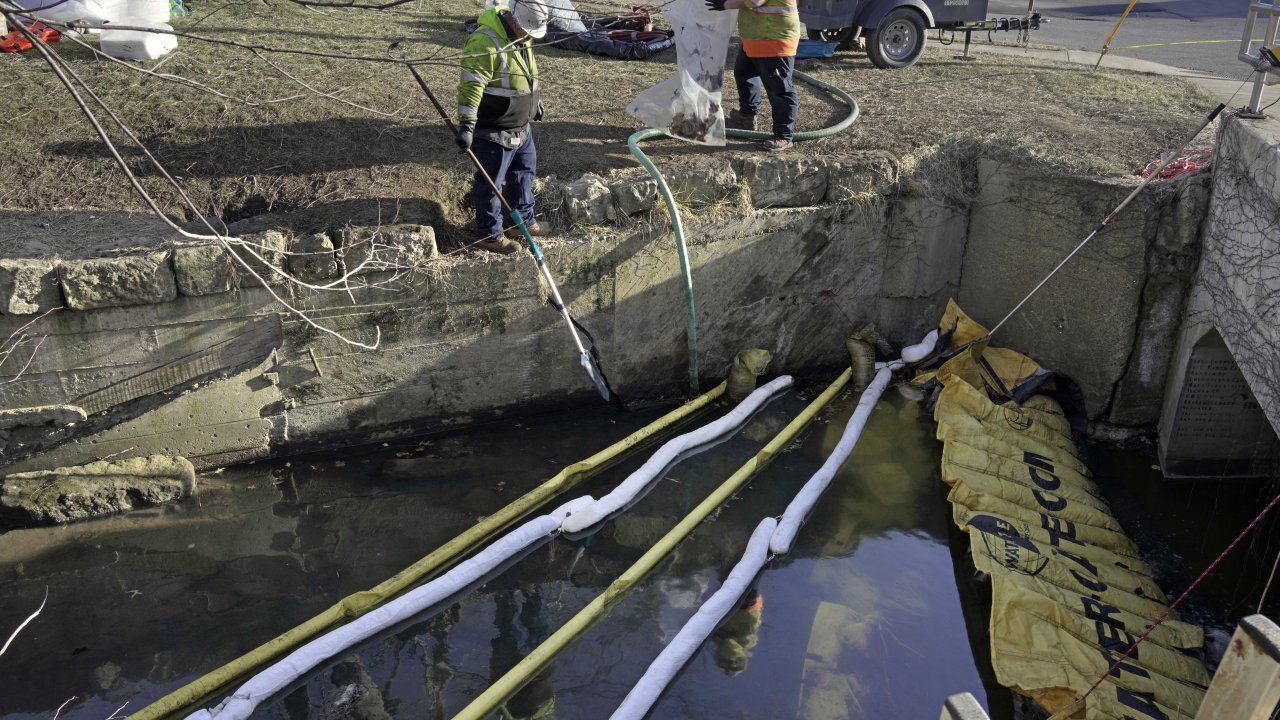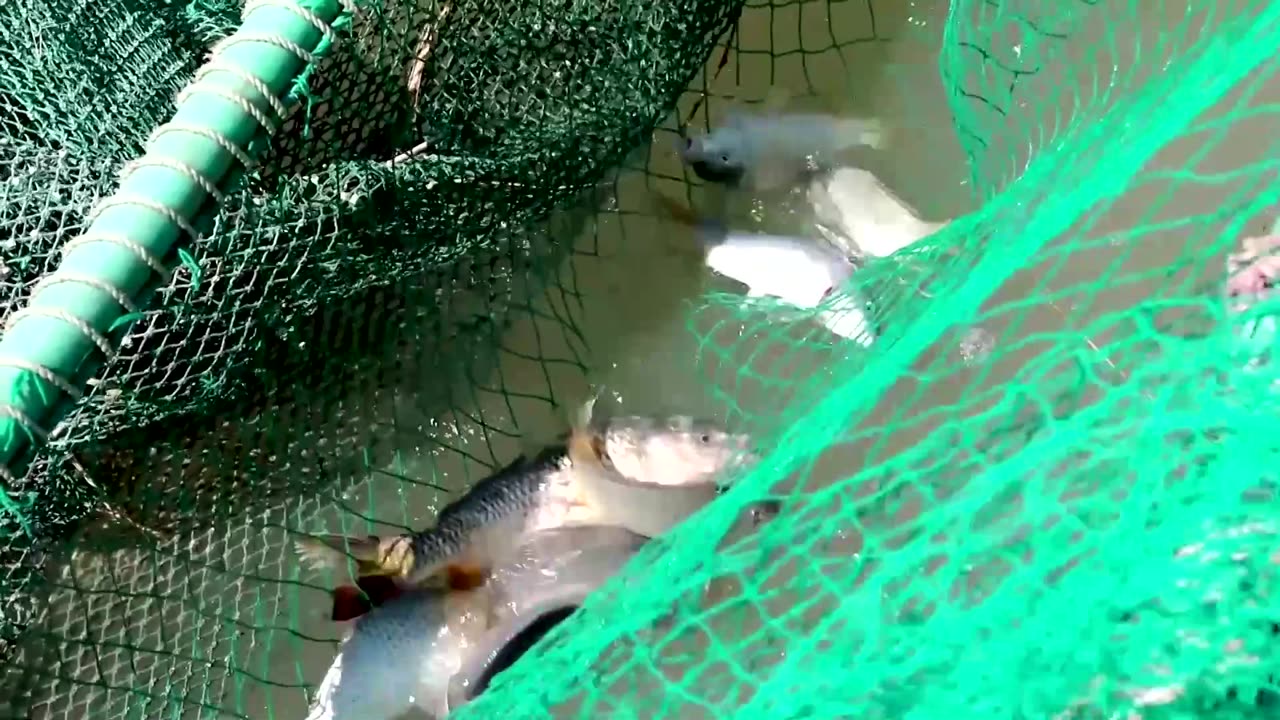Up next
Strength and Conditioning for Victory in the Water
Dr. Yahki & Wille D Controversial Conversation Disease, Health, Culture, Water, Perspectives & more
Never EVER water on Sundays lol
The TRUTH About Water on Mars w/ Zach Weinersmith
#116 With Guest Dapper Laughs - Hot Water’s Green Room w/Tony & Jamie
Daniel Wiseman : Metallic Alchemy , Living Water Work , Lixivation
Unraveling political intrigue with Schiff at the helm and the Bidens in hot water
Water Pollution | Sustainability Matters
Elon Musk Went Public With ALL NEW Water Engine That Changes Everything
GORILLA 🦍 MIX POWDER 🌿 🍎 IS FINALLY READY FOR PUBLIC MARCH 1st‼️‼️‼️‼️
Senate Remains Gridlocked Over Immigration
History Colorado's first John Fielder exhibit examines importance of water
2024 Doomsday Clock remains at 90 seconds to midnight
Makhanda's desperate for water
Are These the Remains of the 1st Century House of Jesus in Nazareth ?#jesushouse #ancient Nazareth
Would You Dive in a Drained River? Find Out! (WATER RISES)
Florida Deputies Rescue Child and Woman from Partially Submerged Car in Water-Filled Ditch
Extreme cold freezes cracked eggs and turns boiling water to steam in Canada
Cuba’s economy adjustment program: Price hike for fuel, gas and water to take place
JWST Will Confirm First Water World? #jwst #nasa #spacescience
The Natural Liver Cleanser: Apple Cider Vinegar and Lemon Water
China's military purge: Are Chinese missiles filled with water?
How Much Plastic Do You Ingest Drinking Bottled Water? #shorts
All This For A Water Bottle?
How to Lower Deaths from Pollution and Dirty Water?
University-Old-World Remains?
Where's the snow? Warm start to winter has businesses worried
Reality Remains Undefeated!
IAEA chief acknowledges concerns over Fukushima water
Caller blames lead in the water for mental illness
Hypocrisy over Evan Gershkovich while Pablo González remains in prison.
Motorcycle fills the tank with Water #moto #motorcycles #motorcycle #motorbike
Water pours from bridges after heavy rain in China
Air and water safety in East Palestine, Ohio is still unknown
Iraqi fish farmers reel from water shortage
Bruce Cain: Under Fire & Under Water in the American West
I convert a Gasoline Motorcycle into a Water Motorcycle
Islamism Remains the Greatest Threat to the United States
Water Consciousness: Is Water a Sentient Being?
Arlington VA house explosion: James Yoo identified as suspect, human remains found |LiveNOW from FOX
SA’s water crisis | SAHRC warns KZN to fix water supply infrastructure
Water filters make dirty Kenya river safe for drinking
Swimming in Glacier Water
Wokeness IS DEAD, Cringe Activists Claim WATER Is TRAPPED After Leftist FAILS To Cancel NFL Fan
Springs of Living Water: Burying Star Cities, Forgotten His-Story
Is Your Tap Water Really Safe? | Trailer | Vital Signs
Rescued sea lion refuses to go back in water after set free #shorts
Concern about eThekwini water infrastructure as festive season nears
Would you have your remains churned in warm water until they into powder?
Cremation is bad for the environment – but there’s a new way to dispose of your body after death and it’s all based on ‘very clever science’. On The Pat Kenny Show this morning, Trinity Professor Luke O’Neill said ‘aquamation’ emits far less carbon, meaning you can ‘keep saving the planet after your death’. Proponents of the technique claim it will ‘revolutionise the death industry’, with a number of well-known names - including the late Archbishop Desmond Tutu - already making use of it. Prof O’Neill told Pat how it all works. Aquamation “Cremation, it turns out, is bad for the environment,” he said. “Aquamation is a chemical process that renders all your flesh down into liquid form, leaving behind your bones. “The bones then get crushed and given to your loved one as if it's like ashes. “It's much better for the environment and it's predicted to take over from cremation – they're using clever science as well to do this.” Carbon Prof O’Neill said burning the fuel needed for a cremation generates around 245kg of carbon, while heating the water for aquamation only emits 28kg. “It's called alkaline hydrolysis,” he said. “Basically, you put the remains in a big vat right, in water, and heat it up to 93C just to get it nice and warm, putting in this alkaline solution. “Now alkaline can be quite caustic as we all know - you can use alkali to clean things - and that begins, gently, to dissolve everything into liquid form. “Anything organic, as we say, gets dissolved and the stuff that gets left behind is your bones, which are inorganic. “It takes 16 hours, by the way, and they're recommending it because it's a gentle thing to do instead of cremation, obviously.” Waste Prof O’Neill said the process does create wastewater; however, he said the water doesn’t contain anything toxic. He said the wastewater contains amino acids, lipids and some of your component parts – but is highly sterilised so there is no risk of infection. The Trinity professor noted that there are other eco-friendly after-death options. “There's also eco burial – I think that's a system where it's regular burial without any formaldehyde or embalming fluids, for instance,” he said. “There's also can't get composting, which sounds a bit macabre as well, doesn't it? “So, there are other alternatives out there that are that are environmentally friendly, not just acclamations.” #science #death #newstalk
- Top Comments
- Latest comments

















































